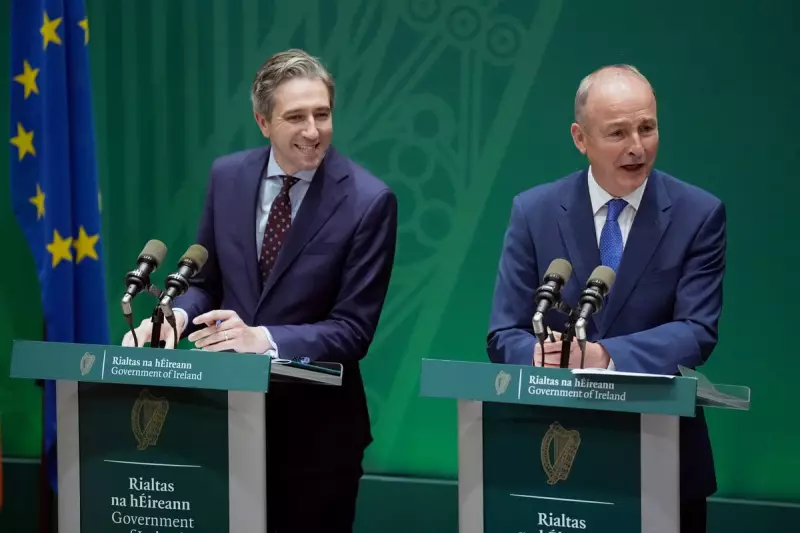
Ireland's Deputy Prime Minister, Micheál Martin, has launched a fierce counterattack against former US President Donald Trump's threat to impose crippling tariffs on Irish exports, dismissing the proposal as profound 'economic illiteracy'.
The Tánaiste and Minister for Foreign Affairs issued the stark warning after Trump vowed to slap a 25% tariff on all foreign imports if he wins a second term, a move that would directly target Ireland's vital export economy.
'This isn't just a threat to Ireland – it's a act of self-harm that would boomerang back on American businesses and consumers,' Martin stated emphatically.
The proposed tariffs would strike at the heart of the complex, deeply integrated supply chains between Irish and American firms, particularly in the pharmaceutical, technology, and medical device sectors where cross-border investment is immense.
Why US Companies Would Feel the Pain
Martin highlighted the fundamental flaw in Trump's logic: many 'Irish' exports contain significant US-made components or are produced by US multinationals with European headquarters in Ireland.
'A huge amount of what is classified as an Irish export actually originates from or is value-added by US companies based here,' he explained. 'Taxing these goods is effectively taxing American corporate success and would increase costs for US manufacturers and consumers downstream.'
The Tánaiste pointed to the delicate ecosystem of transatlantic trade, where products often cross the Atlantic multiple times during manufacturing. Disrupting this flow with blunt tariffs would cause widespread collateral damage.
A Relationship Built on More Than Commerce
Beyond the economic argument, Martin appealed to the deep historical and cultural ties between the two nations. He suggested that such an aggressive trade policy would represent a stark betrayal of the special relationship Ireland and the US have nurtured for decades.
The message from Dublin is clear: Trump's proposed tariffs are not only based on a flawed understanding of modern global trade but would ultimately undermine the very American interests they claim to protect. As the US election approaches, Irish officials are making their case loudly – hoping economic reason will prevail over protectionist rhetoric.





